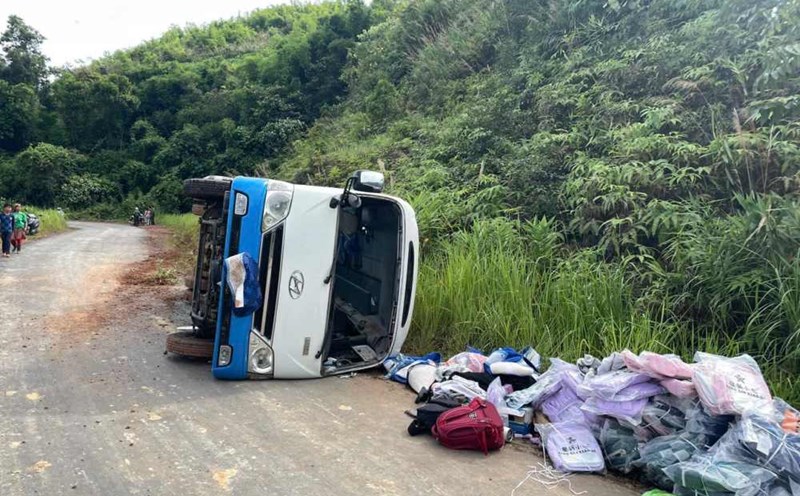The Ministry of Public Security has just completed a draft Circular detailing the regime for compensation for judicial appraisal in the field of criminal techniques; composition and number of people performing the task when appraising cases of autopsies, autopsies and exhumations to collect comments from agencies, organizations and individuals.
The draft Circular stipulates the level of compensation for judicial examination, time, number of people performing the examination for each type of criminal technical examination; composition, number of people performing the task when performing the examination for cases of autopsy, autopsy and ex more than 100 deaths.
The beneficiaries of the judicial appraisal training regime include: Judicial appraiser in the field of criminal technology.
The assistants for judicial examiners in the field of criminal techniques include: Assistants, technicians and other people in the organization being called for appraisal to support judicial examiners, directly participate in the appraisal process and are assigned by the head of the organization being called for appraisal.
Criminal technical officers in cases of participating in autopsies, autopsies, and excavations.
Investigators, examiners, and judges are assigned by competent state agencies to perform duties when examining cases of autopsies, autopsies, and exhumations.
Other relevant agencies, organizations and individuals.
Article 2 of the draft Circular clearly stipulates the level of training for criminal technical examination for one working day for a person performing an examination. In which, the Ministry sets a level of VND 400,000/day/person and a level of VND 500,000/day/person applied to specific assessments.
At the rate of 600,000 VND/day/person, the Ministry of Public Security proposes to apply to fire and explosion assessments; drug assessments; chemical, biological assessments, guns, bullets, techniques, traces of airways that must use dangerous chemicals according to the regulations of the Government and competent authorities;
The assessment must be done in contact with an HIV/AIDS infected assessment subject, carrying a particularly dangerous source of infectious diseases or in an area with a particularly dangerous infectious disease in Group A specified in Point a, Clause 1, Article 3 of the Law on Prevention and Control of Infectious Diseases; or must be exposed to radioactive substances as prescribed by the Ministry of Science and Technology.











